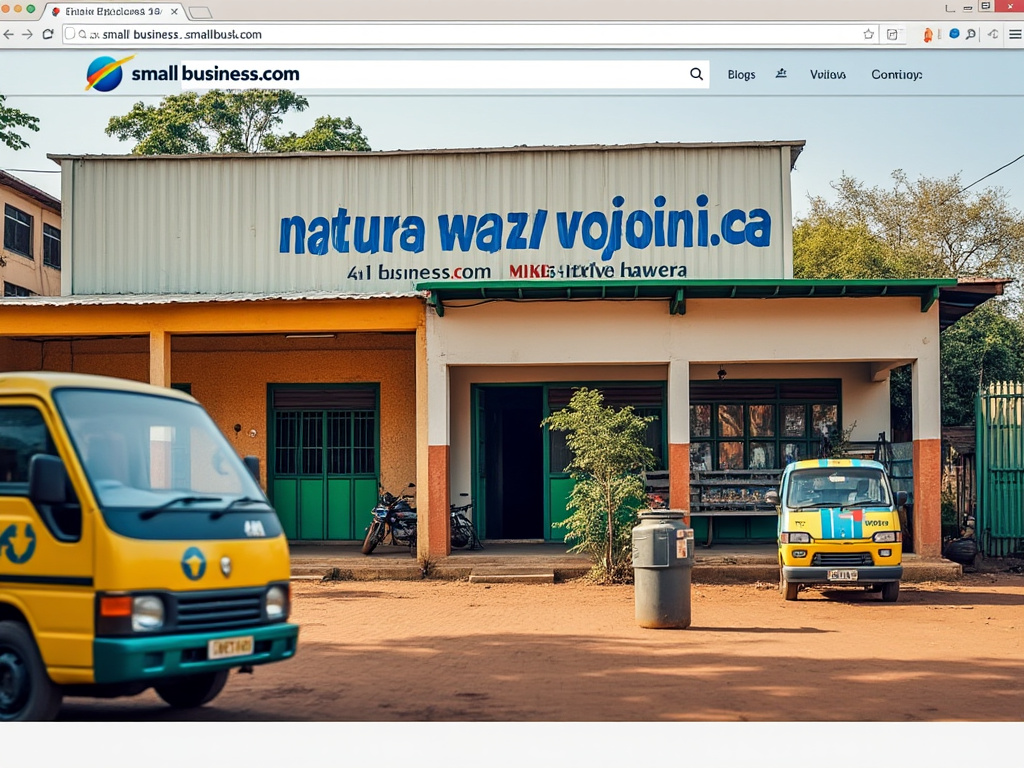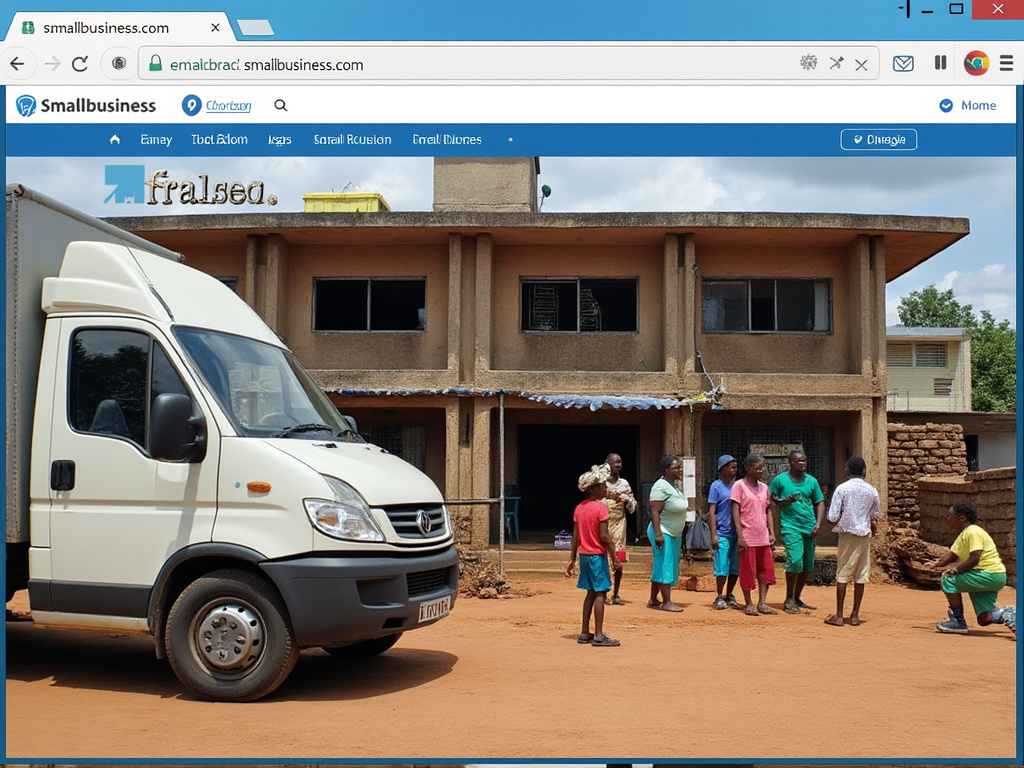Top 5 Ways to Secure a Free Domain Name in 2025
Having a website is important for anyone who wants to share ideas, grow a business, or create an online presence. A domain name is the address of your website, like www.yourwebsite.com. However, buying a domain name can be expensive. The good news is that you can get a domain name for free! In this article, we will talk about five ways to secure a free domain name in 2025.
1. Use Website Builders That Offer Free Domains

Many website builders offer free domain names when you create a website using their platform. These platforms allow you to build a website without coding. Some of the best website builders that provide free domain names are:
- Wix (www.wix.com) – Offers a free subdomain like yourname.wixsite.com.
- WordPress.com (www.wordpress.com) – Provides a free subdomain such as yourname.wordpress.com.
- Weebly (www.weebly.com) – Gives a free subdomain like yourname.weebly.com.
These free domains are not custom domains (like www.yourname.com), but they are good for beginners who want to create a website without spending money.
2. Get a Free Domain from Hosting Providers

Some web hosting companies offer a free domain name when you buy a hosting plan. Web hosting is the service that keeps your website online. Some hosting companies that provide a free domain with hosting plans are:
- Sonhosting (www.sonhosting.com) – Free domain for one year with hosting.
- Bluehost (www.bluehost.com) – Free domain for one year with hosting.
- Namecheap (www.namecheap.com) – Free domain for one year with premium plans.
- GoDaddy (www.godaddy.com) – Offers a free domain with hosting plans.
While the domain itself is free, you will need to pay for web hosting. This is a good option if you plan to build a professional website.
3. Use Free Domain Extensions

Some websites allow you to register a free domain with special domain extensions. These extensions are different from the common .com, .net, or .org domains. Some popular free domain providers are:
- Freenom (www.freenom.com) – Offers free domains with extensions like .tk, .ml, .ga, .cf, and .gq.
- InfinityFree (www.infinityfree.net) – Provides free domain names and hosting.
- Dot.tk (www.dot.tk) – Specializes in free .tk domains.
These domains are free, but they may have some restrictions. Some free domain providers may remove your domain if you do not follow their rules.
4. Look for Free Domain Promotions and Giveaways

Many companies and organizations offer free domain name promotions. These promotions are often temporary, but they can help you get a free domain. Some ways to find free domain promotions include:
- Tech websites and blogs – Websites like TechRadar, CNET, and Mashable often share free domain deals.
- Domain registrars – Companies like Sonhosting, Namecheap and Google Domains sometimes give away free domains.
- Nonprofits and student programs – Some organizations provide free domains for students, nonprofits, and small businesses.
To find these promotions, check online regularly and sign up for newsletters from domain registrars.
5. Join Open Source or Nonprofit Programs
If you are a student, developer, or nonprofit organization, you may be eligible for a free domain through special programs. Some of these programs include:
- GitHub Student Developer Pack – Offers free .me and .tech domains for students.
- Google for Nonprofits – Provides free domains to registered nonprofits.
- Namecheap for Education – Offers free domain names to students.
To apply for these programs, you may need to verify your status as a student, developer, or nonprofit.
You May Also Like: Your Search Ends Here – Africa’s Best Web Host Revealed!
Getting a free domain name is possible in 2025. Whether you use a website builder, a hosting provider, a free domain extension, or special promotions, there are many ways to secure a domain without spending money. If you are serious about building a long-term website, you may still want to invest in a paid domain. However, a free domain is a great way to start your online journey.
Do you want to create a website? Click here to get a free domain to start your website.
























